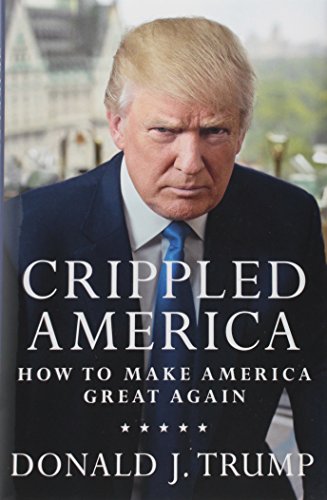Writers often turn to a thesaurus to diversify their vocabulary and add nuance to their prose. But looking up synonyms and antonyms in a thesaurus can help anyone —writer or not—find the most vivid, incisive words to communicate thoughts and ideas. Since today is Thesaurus Day, we’re celebrating with these 10 fascinating facts about your thesaurus.
1. ITS NAME COMES FROM THE GREEK WORD FOR TREASURE.
Most logophiles consider the thesaurus to be a treasure trove of diction, but the word thesaurus really does mean treasure! It derives from the Greek word thésauros, which means a storehouse of precious items, or a treasure.
Physical Gold & Silver in your IRA. Get the Facts.
2. YOU CAN CALL THEM THESAURUSES OR THESAURI.
 Roget’s Thesauru...
Best Price: $2.00
Buy New $8.99
(as of 01:20 UTC - Details)
How do you refer to more than one octopus? People say everything from octopuses, octopi, and octopodes. Similarly, many people have trouble figuring out the correct plural form of the word thesaurus. Though thesauri is technically correct—it attaches a Latin suffix to the Latin word thēsaurus—both thesauri and thesauruses are commonly used and accepted today.
Roget’s Thesauru...
Best Price: $2.00
Buy New $8.99
(as of 01:20 UTC - Details)
How do you refer to more than one octopus? People say everything from octopuses, octopi, and octopodes. Similarly, many people have trouble figuring out the correct plural form of the word thesaurus. Though thesauri is technically correct—it attaches a Latin suffix to the Latin word thēsaurus—both thesauri and thesauruses are commonly used and accepted today.
3. EARLY THESAURUSES WERE REALLY DICTIONARIES.
Ask a French scholar in the 16th century to see his thesaurus, and he’d gladly give you a copy of his dictionary. In the early 1530s, a French printer named Robert Estienne published Thesaurus Linguae Latinae, a comprehensive Latin dictionary listing words that appeared in Latin texts throughout an enormous span of history. And in 1572, Estienne’s son Henri published Thesaurus Linguae Graecae, a dictionary of Greek words. Although the Estiennes’ books were called thesauruses, they were really dictionaries comprised of alphabetical listings of words with their definitions.
4. A GREEK HISTORIAN WROTE THE FIRST BOOK OF SYNONYMS.
 Crippled America: How ...
Best Price: $1.48
Buy New $8.97
(as of 03:40 UTC - Details)
Crippled America: How ...
Best Price: $1.48
Buy New $8.97
(as of 03:40 UTC - Details)
Philo of Byblos, a Greek historian and grammarian, wrote On Synonyms, a dictionary of synonyms that scholars consider to be the first ancient thesaurus. Dating to the late 1st century or early 2nd century CE, the book lists Greek words that are similar in meaning to each another. Sadly, we don’t know much more about On Synonyms because copies of the work haven’t survived over the centuries.
5. AN EARLY SANSKRIT THESAURUS WAS IN THE FORM OF A POEM.
In the 4th century CE, an Indian poet and grammarian named Amara Sinha wrote The Amarakosha, a thesaurus of Sanskrit words. Rather than compile a boring list of similar words, Amara Sinha turned his thesaurus into a long poem. Divided into three sections—words relating to the divine, the earth, and everyday life—The Amarakosha contains verses so readers could memorize words easily. This thesaurus is the oldest book of its kind that still exists.




